
The UK Supreme Court has delivered a landmark unanimous ruling defining "woman" under equality law as determined by biological sex. This decision concludes a significant legal dispute with far-reaching implications for sex-based rights across the United Kingdom.
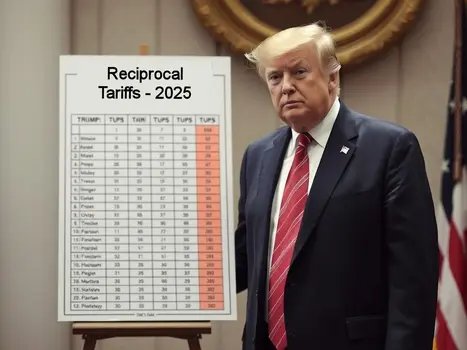
“Liberation Day” Tariffs - The White House supplied this list as an annexe document following Mr Trump’s news conference. However, it does not include countries that face the 10% “baseline” tariff.
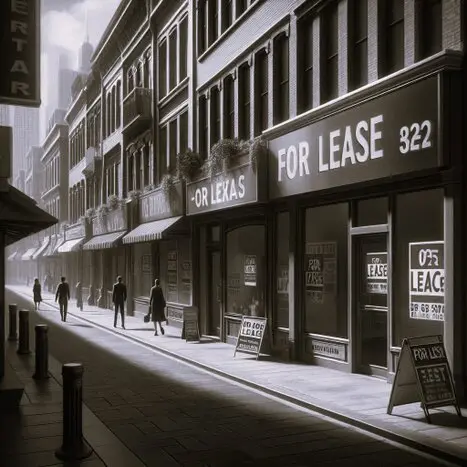
Research suggests that c.197,000 UK business "closures" occurred between July 5, 2024, and March 27, 2025, following the appointment of Keir Starmer as Prime Minister. The estimate is based on official Office for National Statistics (ONS) data and trends.
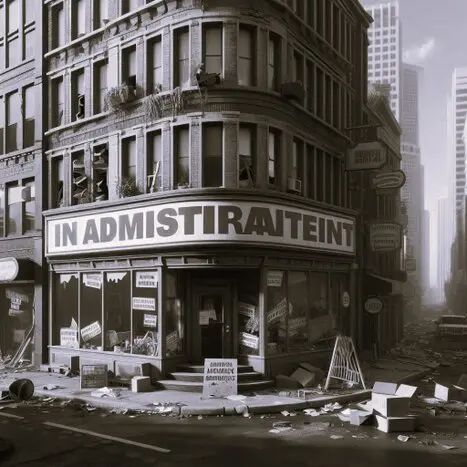
According to available data, 18,356 UK businesses have gone bankrupt since Keir Starmer became Prime Minister in July 2024. The estimate includes insolvencies in England, Wales, Scotland, and Northern Ireland. This number focuses on formal insolvencies, not all business closures, which could be higher.
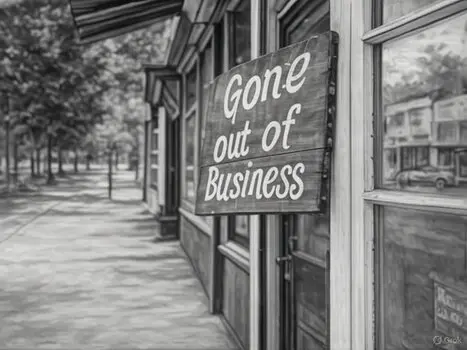
Since Keir Starmer became Prime Minister (05 Jul 2024), the UK has seen a notable increase in small business insolvencies. Our analysis, based on government and industry data, estimates around 6,702 small businesses have ceased operations by Mar 26, 2025.

The outgoing lower chamber of the German parliament voted to amend the country's constitution. This decision paves the way for a historic investment package funded by debt, totalling 1 trillion euros or more, to increase military spending...

The World Economic Forum (WEF), founded by Klaus Schwab in 1971, has long been a subject of intense scrutiny and conspiracy theories. Critics argue that the WEF’s vision of a "Great Reset" and its promotion of global governance represent a covert agenda for world domination. But is this claim rooted in reality, or is it an exaggerated reaction to legitimate concerns about globalisation and elite influence?

The World Economic Forum (WEF) is viewed as controversial by some due to its perceived elitism and lack of democratic accountability, although opinions vary widely. Research suggests that it promotes globalist policies, which some believe undermine national sovereignty, sparking controversy. Read on and make up your own mind.
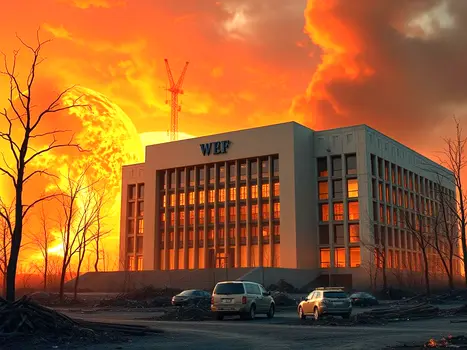
The World Economic Forum (WEF) and its associated figures, such as Bill Gates, the Rockefeller family, George Soros, and Klaus Schwab, are frequently the subject of conspiracy theories alleging a coordinated "globalist" agenda aimed at world domination. What does AI say about the WEF? Let's see... Three different platforms were used...

On 20 April 1968 Enoch Powell gave his "Rivers of Blood" speech at a Conservative Association meeting Birmingham. This was indeed a controversial political milestone. Today, I received an MP3 copy of this speech by Enoch Powell and present it here verbatim...

